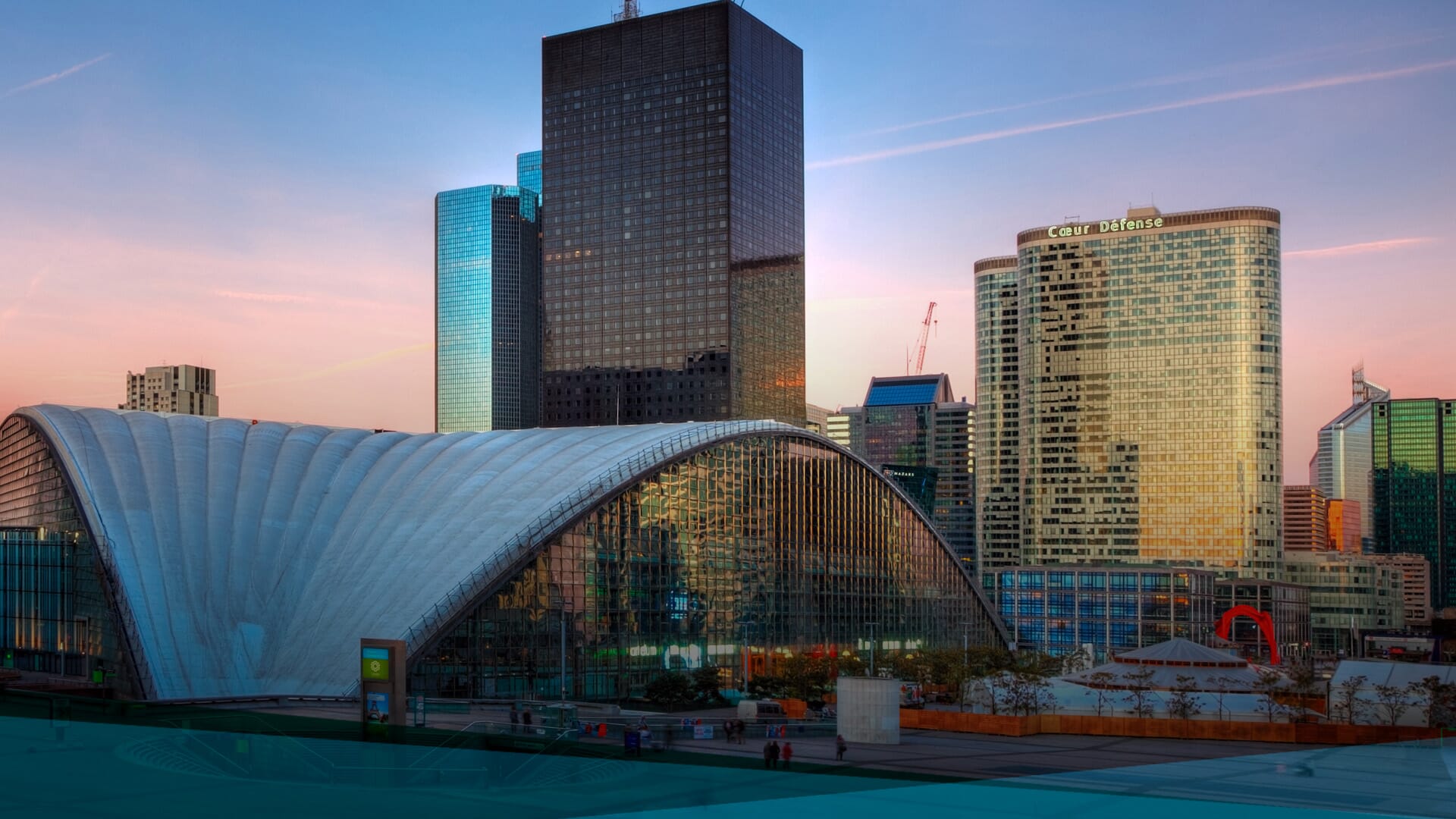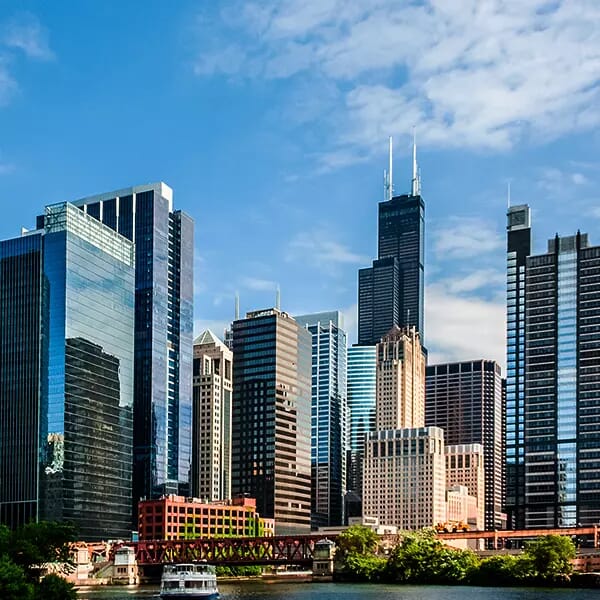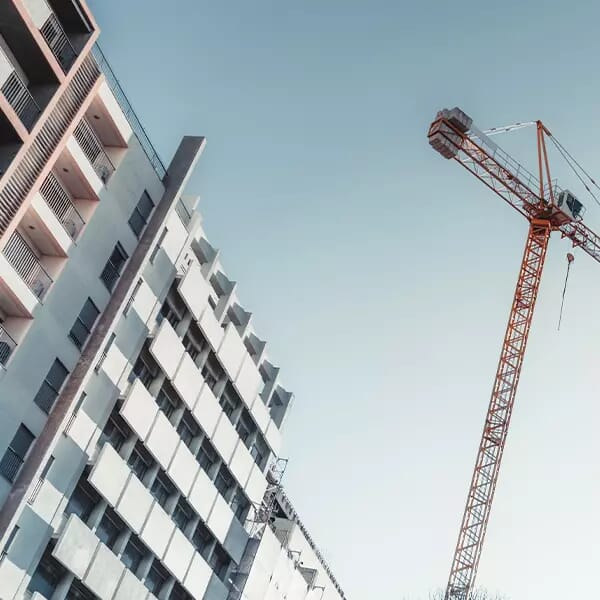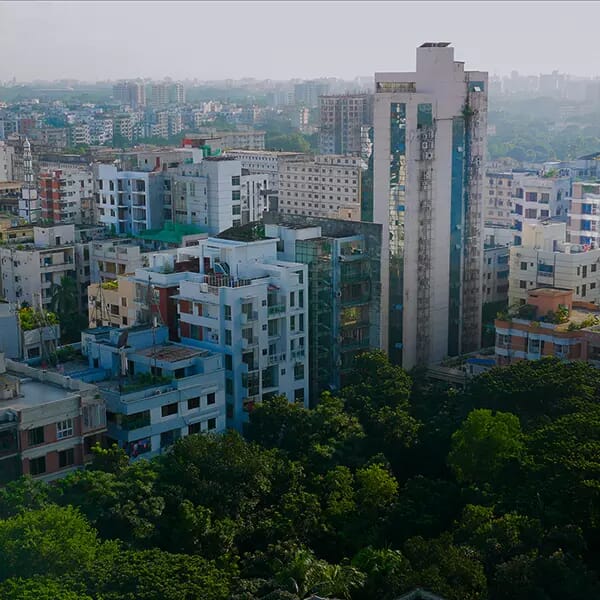 No attribution required
No attribution requiredInvestment Cycle - Creating value and real estate risk
Leading players in GRI Club France gathered on 25th September to discuss the stage of the investment cycle in the country
Leading investors, operators, promoters and bankers - members and special guests of the GRI Club France - gathered on 25th September to discuss the stage of the investment cycle in the country, questioning especially the influence of macroeconomic, politics and interest rates on the real estate sector in France.
Is politics having a significant effect on the current real estate market?
Participants seem to agree on one fact; the current political climate is creating uncertainty among the leading real estate players. Whether on national, European or global scales, political and economic issues are becoming more heated. But what impact does this have on the real estate sector?
The central banks is a key topic of conversation as their latest reports raise questions. A week ago, the Fed announced lower interest rates to counter current risks of recession in the United States. One participant stated it was "a curious announcement because it is not the usual role of central banks". It could be interpreted that central banks are starting to rethink their overall objectives. This begs the question; “isn’t the real estate investment cycle becoming more influenced by politics and less by economics?”
Are we headed for a new downturn in France?
Between the members, opinions diverge. Some see confirmation of this in the rise in rents, which is difficult for businesses to endure in a low GDP growth rate. Others put the current situation in perspective with previous crises and are less convinced because the debt levels aren’t as unfavourable in 2008.
A selection of the attendees agreed that there was indeed a bubble. One member surmised the situation as “we recognise there is a bubble, but we have not yet seen the pin that will cause it to burst”. An external shock is emerging but it is difficult to predict its form and its consequences. At the same time, the idea of ??a shock coming from the stock market is also mentioned, real estate being increasingly influenced by financial fundamentals.
The cycle divides and rates prevail
Where are we in the cycle? Participants suggested that we are at the end of the cycle, but others remained more reserved.
Fear of negative rates in France, in the midst of the current debate in Europe, may be worrying real estate demand on private and institutional level seem to remains stable at least for now. That being said, uncertainty is pushing investors to become more cautious, but will that be enough to counter a potential exogenous shock and boost the economy? While many participants agreed a downturn is coming, although it is difficult to predict when and what impact it may have on interest rates.
Where to find value today?
But how can you protect yourself from a shock that will only be understood after the fact? And where is safe in these situations? One member said "In France, we are no longer interested in European bonds or stocks so real estate could represent an attractive alternative to them."
This raises the question of which assets to bet on. Residential is the most secure class for some because rates of return are assured and the vacancy rate is limited. Mixed-use could also be a solution to develop projects in non premium zones. In any case, some work on the assets themselves seems necessary.
This makes it hard to accurately assess risk. In this uncertainty created by the political and economic climate, some believe real estate today exists with no obvious paths but the high probability of a future shock.
For more information and debate, the France GRI 2020 will be held on 22 and 23 April in Paris.
Article by Matt Harris and Oceane Deslandes



